The Dutch food tech industry has once again pushed the boundaries of innovation, this time in the realm of dairy alternatives. A new generation of "artificial cheese" developed in the Netherlands is making waves for its uncanny ability to mimic the taste, texture, and even the meltability of traditional dairy cheese. This breakthrough comes at a time when global demand for plant-based alternatives continues to soar, particularly among vegan communities and environmentally conscious consumers.
What sets this Dutch innovation apart from previous attempts at vegan cheese is its sophisticated use of fermentation-derived proteins that closely replicate casein, the primary protein found in milk. Traditional plant-based cheeses often relied on coconut oil or starches, resulting in products that failed to deliver the authentic cheese experience. The Dutch team has perfected a proprietary microbial fermentation process that creates dairy-identical proteins without animal involvement, allowing their product to stretch, bubble, and brown like conventional cheese when heated.
The development process wasn't without challenges. Food scientists spent nearly three years experimenting with different protein structures before achieving the right balance between firmness at room temperature and proper melt characteristics. Early prototypes either became rubbery when heated or failed to develop the complex flavor profile that cheese lovers expect. The final product undergoes an aging process similar to traditional cheese, developing deeper umami notes over time.
Consumer response has been overwhelmingly positive, particularly among long-time vegans who had resigned themselves to subpar cheese alternatives. At specialty food stores in Amsterdam, the product frequently sells out within hours of restocking. Many omnivores report being unable to distinguish the artificial cheese from dairy versions in blind taste tests, especially when used in cooked dishes like grilled cheese sandwiches or pizza.
Environmental considerations play a significant role in the product's appeal. Conventional cheese production generates substantial greenhouse gas emissions, primarily from dairy cows. The plant-based alternative requires just a fraction of the water and land resources while producing minimal methane. Dutch environmental agencies have begun promoting these alternatives as part of national sustainability initiatives, with some government cafeterias already making the switch.
The nutritional profile presents another advantage. While maintaining similar protein content to dairy cheese, the artificial version contains no cholesterol and significantly less saturated fat. Fortified versions provide additional nutrients like vitamin B12 that vegans often struggle to obtain. Some nutritionists caution that the product should still be consumed in moderation, as the sodium content remains comparable to traditional cheese.
Market analysts predict rapid expansion as production scales up to meet demand. The Dutch company behind the innovation has partnered with several European supermarket chains for broader distribution. Meanwhile, food service providers are showing strong interest, recognizing the potential to cater to mixed dietary groups with a single product that satisfies all. The timing coincides with growing flexitarian trends, where reducetarian consumers seek occasional plant-based alternatives without sacrificing taste.
Critics within the traditional dairy industry question whether these products should legally be called "cheese," sparking debates about food labeling regulations. However, regulatory bodies in the EU have provisionally approved the terminology, provided products are clearly marked as plant-based. This decision aligns with similar rulings regarding meat alternatives, prioritizing consumer clarity while allowing innovation to flourish.
The success of Dutch artificial cheese reflects broader shifts in global food systems. As technology bridges the gap between animal-derived and plant-based products, consumers increasingly face choices based on preference rather than compromise. For the Netherlands, long renowned for its dairy expertise, this innovation represents an unexpected but logical evolution of its food technology leadership.
Looking ahead, researchers are already working on next-generation variations, including artisanal styles like aged gouda and blue cheese alternatives. The speed of advancement suggests that plant-based dairy may reach parity with conventional products sooner than anticipated. For ethical, environmental, and health-conscious eaters worldwide, the Dutch breakthrough offers a compelling vision of cheese's future—one where taste and sustainability finally align.

By Amanda Phillips/Apr 10, 2025
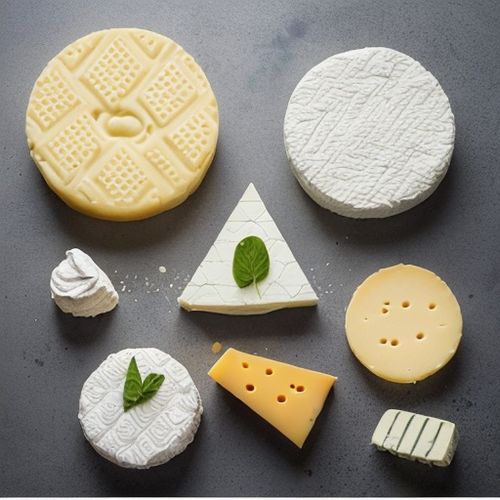
By Rebecca Stewart/Apr 10, 2025
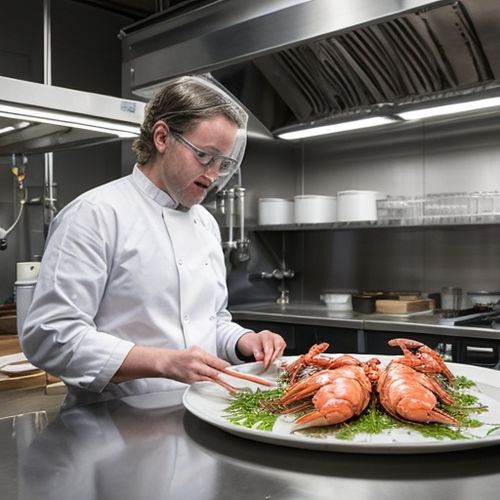
By Emma Thompson/Apr 10, 2025
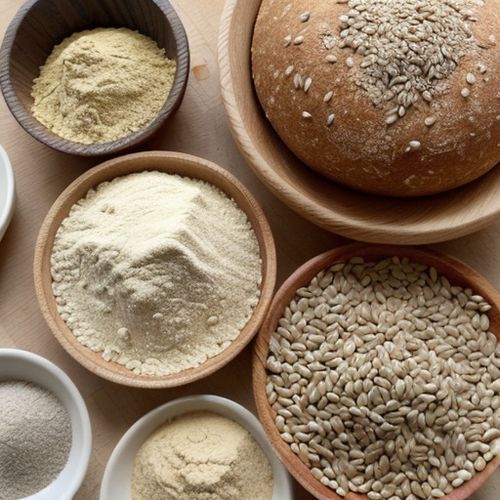
By James Moore/Apr 10, 2025

By Samuel Cooper/Apr 10, 2025

By Elizabeth Taylor/Apr 10, 2025

By Rebecca Stewart/Apr 10, 2025
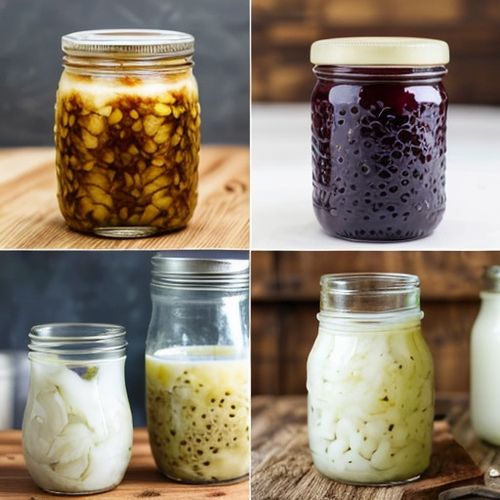
By John Smith/Apr 10, 2025

By Michael Brown/Apr 10, 2025
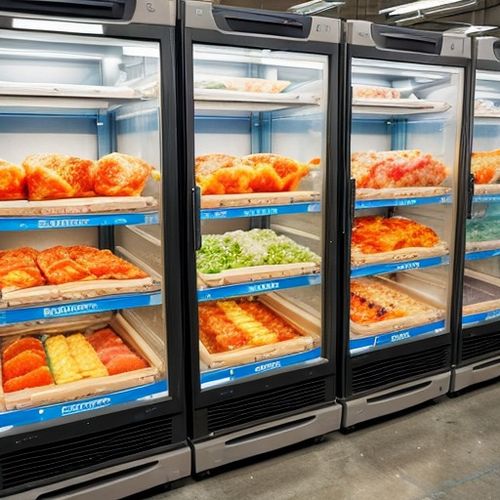
By Emma Thompson/Apr 10, 2025
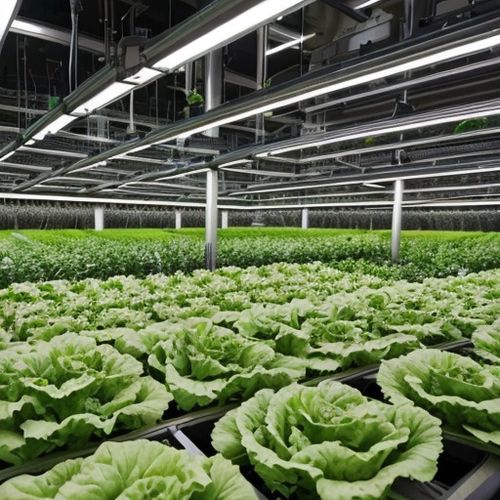
By Elizabeth Taylor/Apr 9, 2025

By Christopher Harris/Apr 9, 2025

By David Anderson/Apr 9, 2025

By Joshua Howard/Apr 9, 2025

By Emily Johnson/Apr 9, 2025
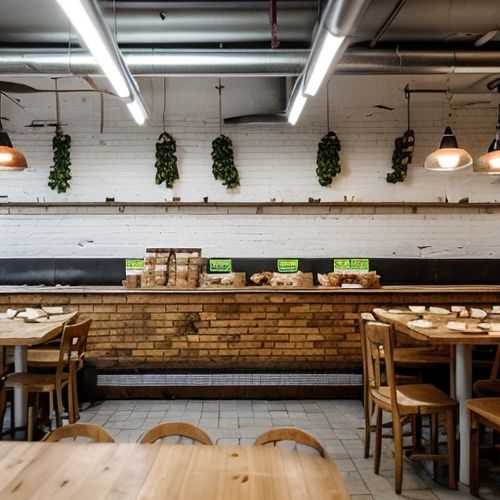
By John Smith/Apr 9, 2025
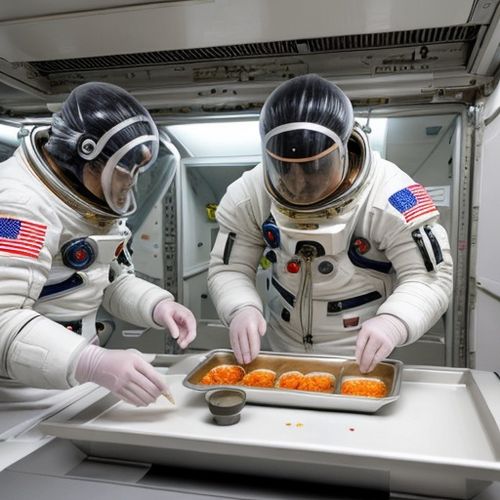
By Lily Simpson/Apr 9, 2025
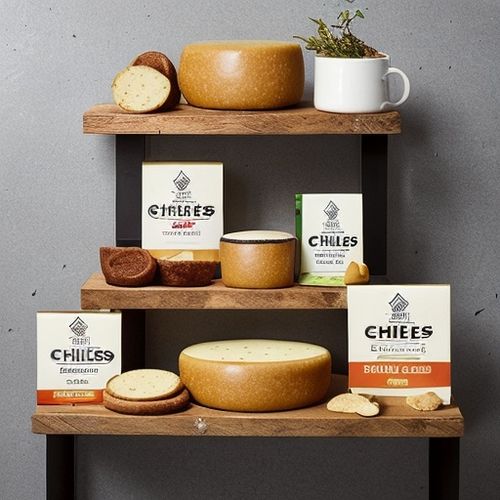
By Lily Simpson/Apr 9, 2025